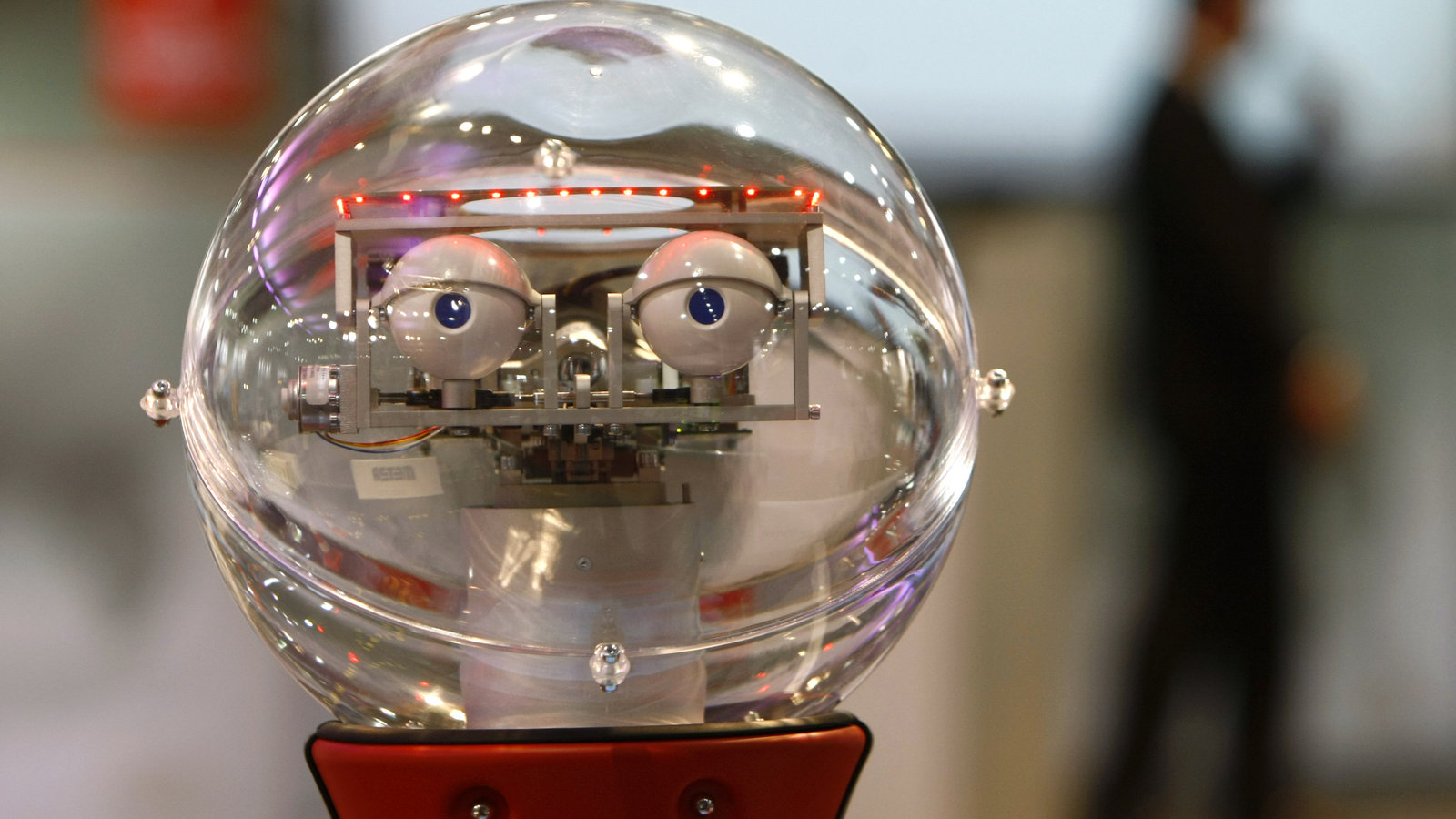The robots are coming, and they’re coming fast. In this fascinating Fresh Air interview, tech writer John Markoff talks about several ways that intelligent machines are likely to profoundly change our lives over the next few years. From self-driving cars to peopleless warehouses, intelligent machines will play major roles in shaping our world. He makes a critical distinction between artificial intelligence (AI) and intelligence augmentation (IA), two schools of research that take radically different approaches to the relationship between humans and machines. As a bonus, the interview ends with what is probably the funniest robot song ever recorded.
npr.org/sections/alltechconsidered/2015/08/20/433000643/how-close-are-we-really-to-a-robot-run-society
Category: 11.3 Automation, Globalization, and Outsourcing

More jobs every day are being automated—done by machines rather than humans. In this thought-provoking Fresh Air interview, Silicon Valley executive Martin Ford says that all kinds of jobs—even many that we assume are machine-proof—are threatened by advances in hardware and software. The implications for our economy and our society are far-reaching.
http://www.npr.org/sections/alltechconsidered/2015/05/18/407648886/attention-white-collar-workers-the-robots-are-coming-for-your-jobs
NPR’s Radiolab is radio at its best—entertaining, informative, provocative. This episode will change the way you think about time and speed. One segment reveals the surprising truth about the relative speeds of the human nervous system and the Internet, and the a critical role of speed in today’s computer-controlled financial marketplace.
radiolab.org/2013/feb/05
If you don’t understand how the stock market works, you’re not alone. The market has developed a digital mind of its own, and in many ways it’s beyond human comprehension. The blog that accompanies that story includes some dazzling animated visualizations.
good.is/post/burritob0t-a-3d-tex-mex-printer-of-hangover-helpers
3D printers are used to create plastic prototypes and parts for machines, among other things. But this is the first burrito printer we’ve seen. How long will it be until the global taco chains replace people with printers?
After seeing some mysterious photos someone found on a brand new iPhone, comedian Mike Daisey travelled to China to find out where and how our digital gadgets are made. He tells his story (EDIT: his “story” was later found out to be just that, a story) in this episode of public radio’s This American Life.
www.thisamericanlife.org/radio-archives/episode/454/mr-daisey-and-the-apple-factory
Here’s a quote from the first edition of Digital Planet (then called Computer Currents), written almost two decades ago:
“It seems likely that, at some time in the future, machines will be able to do most of the jobs people do today. We may face a future of jobless growth–a time when productivity increases, not because of the work people do but because of the work of machines. If productivity isn’t tied to employment, we’ll have to ask some hard questions about our political, economic, and social system…”
Back then, this prediction seemed farfetched to most people. This NPR story about the Race Against the Machine conference suggests it’s not farfetched anymore.
www.npr.org/2011/11/03/141949820/how-technology-is-eliminating-higher-skill-jobs